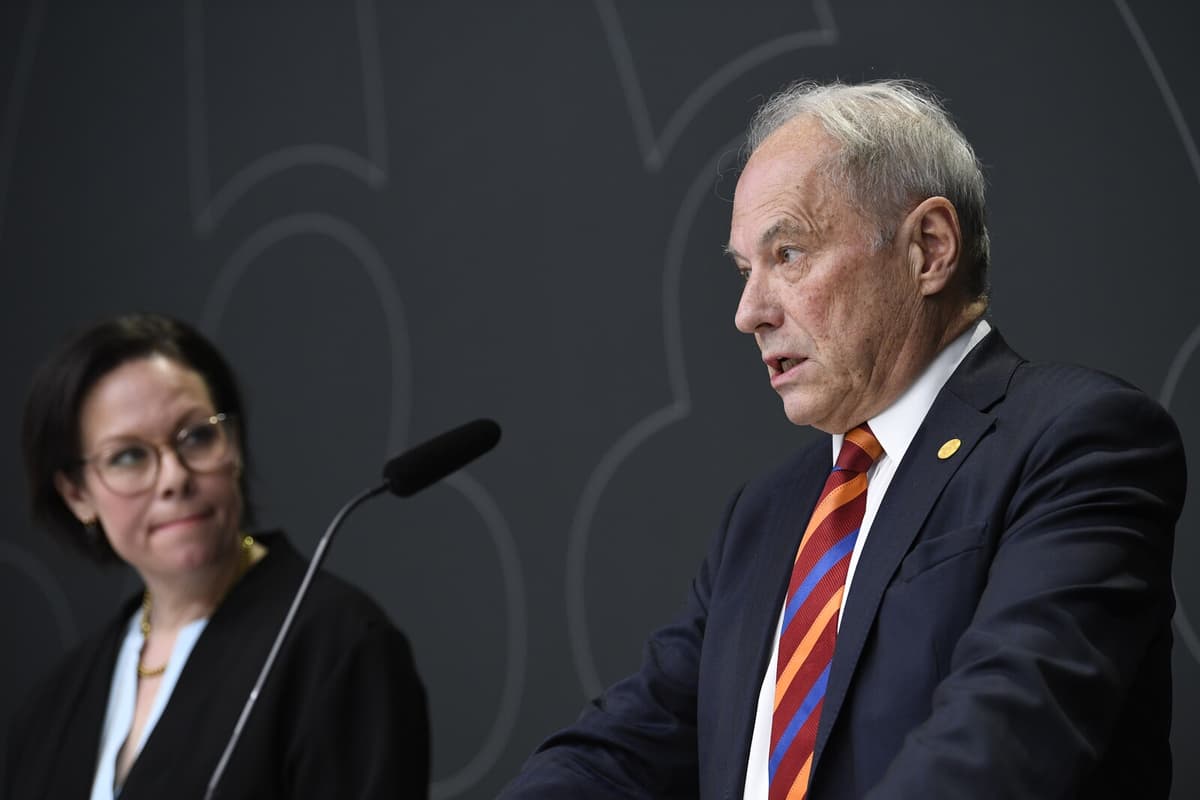The 2023 investigation into war materials has submitted its proposal to Foreign Minister Maria Malmer Stenergard (M).
With the investigator's proposal, we are now abandoning the previous neutrality policy and leaving it behind, she says.
The investigation emphasizes that Article 5 of the NATO agreement, which states that all members are obligated to assist an attacked country, is now a central part of Sweden's security and defense policy.
Rules for export and cooperation on war materials therefore need to be adapted, according to the investigation.
"Cleared out"
It's simply a matter of stating that there are certain parts of the guidelines that are currently incorrect since we have joined NATO. This means that the neutrality-related parts of the guidelines need to be cleared out, says special investigator Per Westerberg at a press conference.
This also means that we can export to countries within NATO even in the event of war, he continues.
The Swedish Peace and Arbitration Society is critical of the investigation and believes that the proposals open up for increased arms exports to Turkey. The organization points out that the country lacks respect for human rights and repeatedly threatens to attack its neighboring countries.
"Can be rejected"
Westerberg emphasizes that a comprehensive assessment will be made each time war materials are to be exported.
There is a presumptive view that one is more benevolent within NATO. But it's a comprehensive assessment, and it's made by the Inspectorate for Strategic Products, can be referred for consultation to the Export Control Council and in tricky cases to the government, he says.
Is it possible to export to a country even if Article 5 has not been triggered?
There is always, but it can be rejected just as well.
The government is now sending out the investigation proposals for comments. They expect to be able to present a proposal in the spring of 2026.






